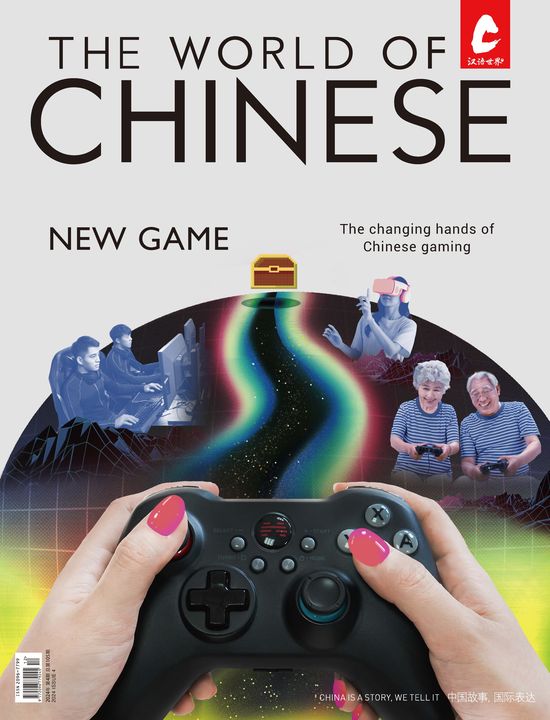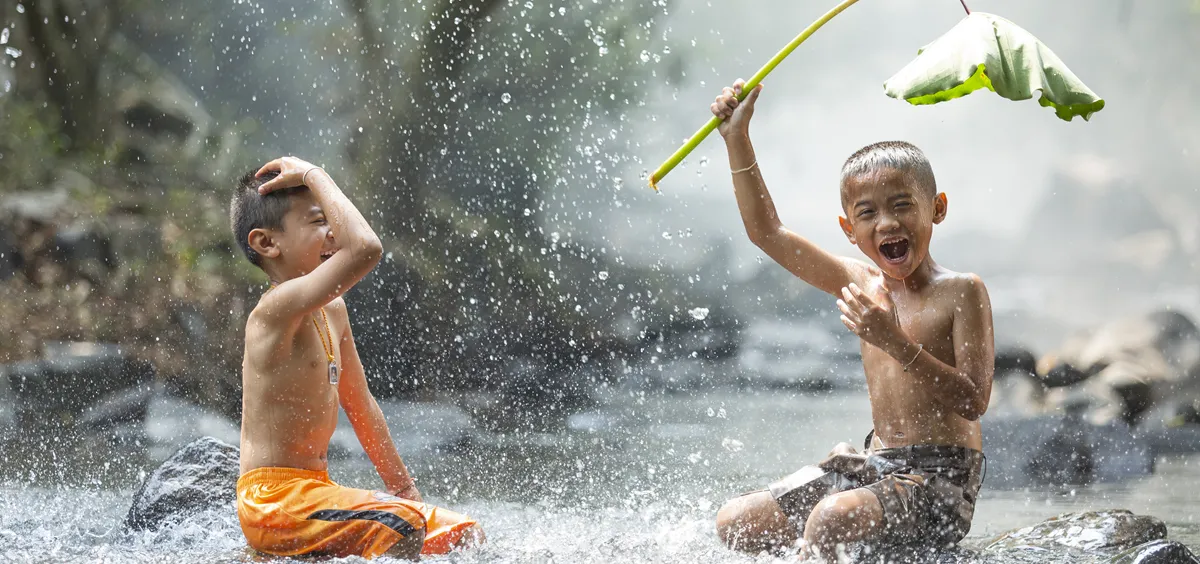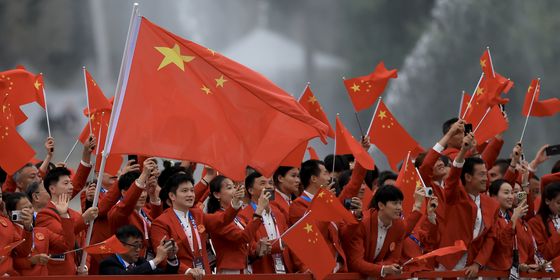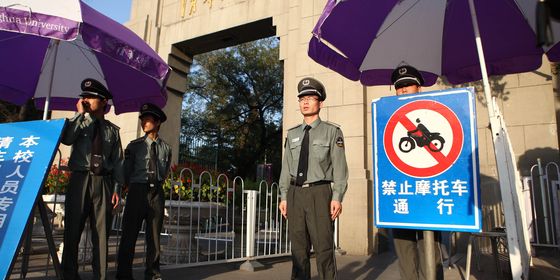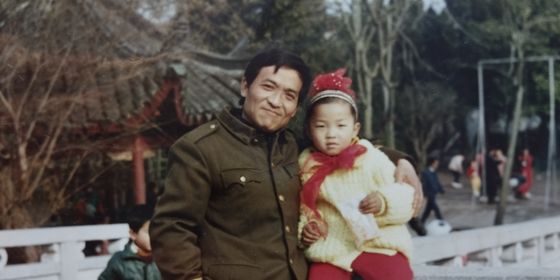Chinese terms for naughty children
This year’s International Children’s Day, held on June 1, was more of a celebration for Chinese parents than their children, as thousands of primary and middle school students in Beijing and several other cities returned to classrooms for the first in months after the Covid-19 outbreak.
The return of children to school has been celebrated as their parents’ “emancipation,” and referred to as “mythical beasts returning to the cage” (神兽归笼 or 神兽回笼) on social media:
Once the mythical beast goes to school, all the happiness returns: After getting home, I received the fresh flowers ordered [online] and prepared myself some cherries and a cup of tea. It’s too wonderful (@夏蝉C)
Finally, the two mythical beasts have started school. I want to set off firecrackers to celebrate today (@Q园兔小记)
神兽 (shénshòu, “sacred animals”) usually refers to Chinese legendary animals such as the dragon, phoenix, qilin, and tortoise (known collectively as the “Four Sacred Animals”), whose images are used in architecture and other occasions to ward off evil spirits, avoid disaster, and pray for blessings.
During the pandemic, however, the term has become a popular alternative name for children. Though the exact origin of this usage is untraceable, similarities between the mythical animals and children are apparent: on the one hand, they’re loved and cherished; on the other, they’re powerful, destructive, and often seemingly uncontrollable. Last year, for instance, a mother in Xiangyang, Hubei, nearly died of a heart attack out of anger while tutoring her third-grade son at home.
Similar complicated feelings towards one’s children are expressed in the title xiaozuzong (小祖宗, “little ancestor”). The term first appeared in the Qing dynasty (1616 — 1911) novel Dream of the Red Chamber (《红楼梦》), where it was used by anxious servants to address their young masters. Nowadays, children as well as adults can be called xiaozuzong affectionally or disapprovingly by parents, grandparents, and partners, and even fans if they are a celebrity, especially when they are considered to have behaved mischievously or disobediently:
I can’t stop worrying about my little devil: he is slow at getting up in the morning, having his meals, going to sleep, and doing his homework.
Jiālǐ nàgè xiǎozǔzōng, zǒng shì yǒu nàme duō jiào rén cāobùwán de xīn, bùjǐn shì qǐchuáng màn, chīfàn yě màn, rùshuì yě màn, shàngxué le xiě zuòyè yě màn.
家里那个小祖宗,总是有那么多叫人操不完的心,不仅是起床慢,吃饭也慢,入睡也慢,上学了写作业也慢。
More bluntly, misbehaving children are referred to as xionghaizi (熊孩子, “bear children”). The term originated from dialects in north and northeast China, including Shandong and Henan provinces, where it was used pejoratively. But now, it has become a neutral title, which can used jokingly or seriously, for children whose behaviors often cause annoying or amusing consequences:
The naughty child has poured glue on her hair. How can we get it out?
Xióngháizi bǎ bōlíjiāo nòng nǎodai shang le, zěnme nòngxià lái a?
熊孩子把玻璃胶弄脑袋上了,怎么弄下来啊?
Parents have been disappointed to find out that their freedom will be short-lived, however, as the government has announced that the summer vacation will start as normal in early July, despite the much delayed spring semester.
